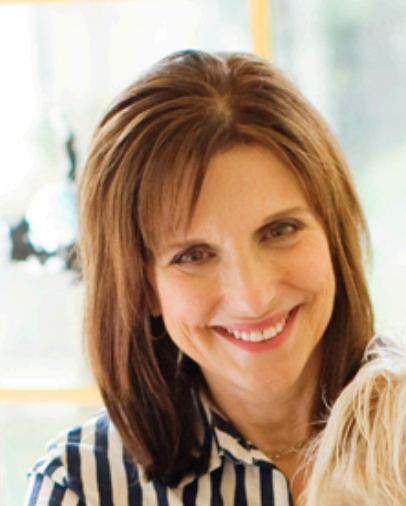All of us are facing stress and anxiety in this unprecedented health crisis. But for first responders on the front lines of the coronavirus pandemic, the physical and emotional toll can be overwhelming. If you are one of those heroes, it’s important to do everything you can to strengthen your resilience.
In this video — the first in a series designed to support first responders’ mental health and well-being — Dr. Bob Carr, Chief Medical Officer at the behavioral health technology company Kumanu, helps you better understand anxiety and stress during the coronavirus pandemic, and shares suggestions to help you improve your own resilience during this difficult time. Here are just a few of the helpful insights and strategies he shares in the video above.
Ask yourself, “What is your purpose in life?”
In the video, Dr. Carr explains in times of great uncertainty like this, it’s crucial “to figure out what matters most.” As he points out, research shows that connecting to our true purpose can be incredibly powerful by helping to build resilience and enhance our immune response.
Take an emotional audit
Simply becoming aware of our fears and anxiety and acknowledging our emotions is an important first step towards changing the way we respond to what’s happening, says Dr. Carr. Fear is understandable, natural, and intrinsically human, particularly in a crisis of such magnitude, he says. And having that awareness of what you are feeling will lead to acceptance. To do that, he advises pausing, taking the time to reflect, go inwards and understand that some things are outside of your control. Then, he says, you can ask yourself whether “your actions and responses are aligned to your intention,” and whether they are supporting you or not.
Build your emotional agility muscles
To become stronger and more resilient as you navigate the crisis on a daily basis, Dr. Carr explains how it’s possible “to replace fear with a new paradigm,” by creating an emotional narrative that supports us in times of adversity. You can learn to regulate your response to fear and anxiety by strengthening what he calls your “emotional agility.” He suggests using your intuition, as well as your own life skills, to face the formidable challenges you are dealing with in a more positive way. We have no control of the pandemic, he points out, but we do have a choice about the way we respond to the situation, however stressful it is.
Move from fear to growth
It may not seem like it at the time, but we usually experience the most growth during periods of great challenge, says Dr. Carr who advises first responders to consider this time as an opportunity to build strength. That requires regular practice and training and intentionally choosing your way forward. Dr Carr says research shows that “it may not be the stress that impacts our health and well-being — but the belief that that stress is harmful or not.” One technique he recommends: Identify your strengths and accomplishments, for example, how you are actually far stronger than you realized and how you’re doing a great job.
Find small ways to express your gratitude
Being grateful helps build strength and emotional resilience, says Dr. Carr who suggests practicing gratitude on a regular basis. Appreciate your teammates, your family and the positive things that happened in the day. By doing that, says Dr. Carr, you can lower your stress response. Practicing gratitude allows you to walk away from “each harrowing day with a few positive emotions and a sense of pride and accomplishment that is deserving of the vital work that you are performing,” says Dr. Carr.
Click here for information about how Thrive Global is supporting our healthcare workers on the front lines of the coronavirus pandemic, and find out how you can support the cause by donating to #FirstRespondersFirst.


